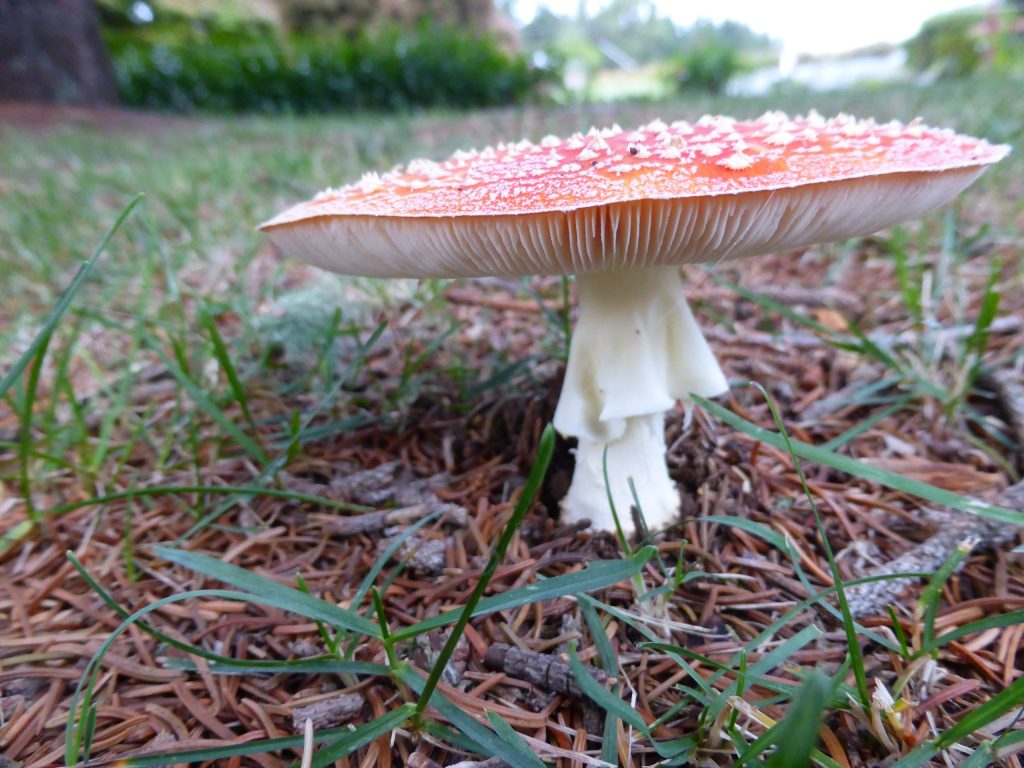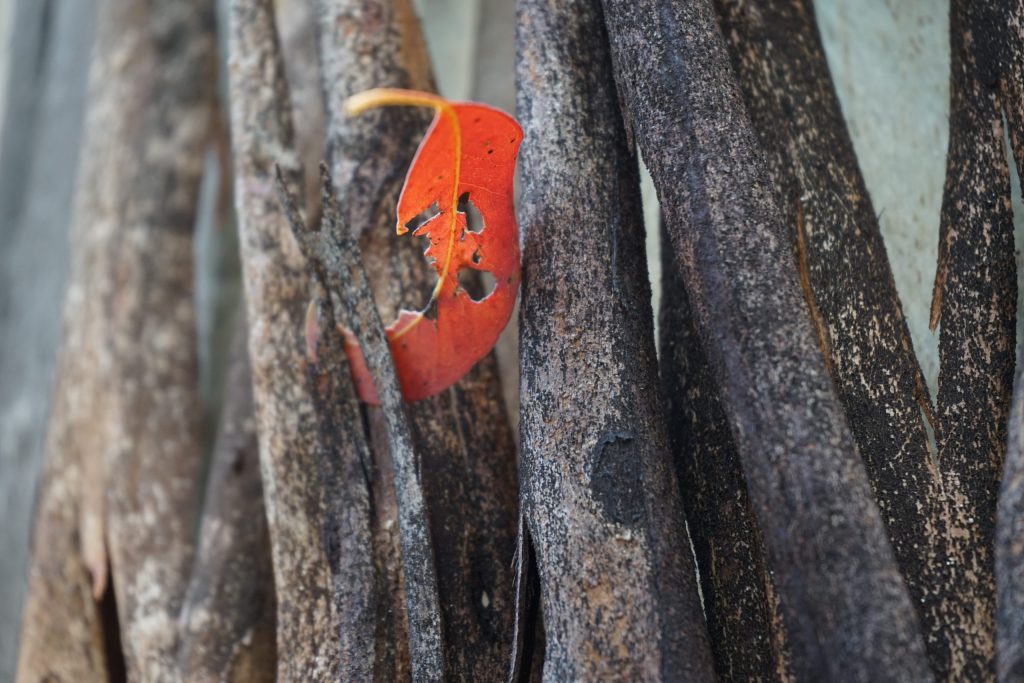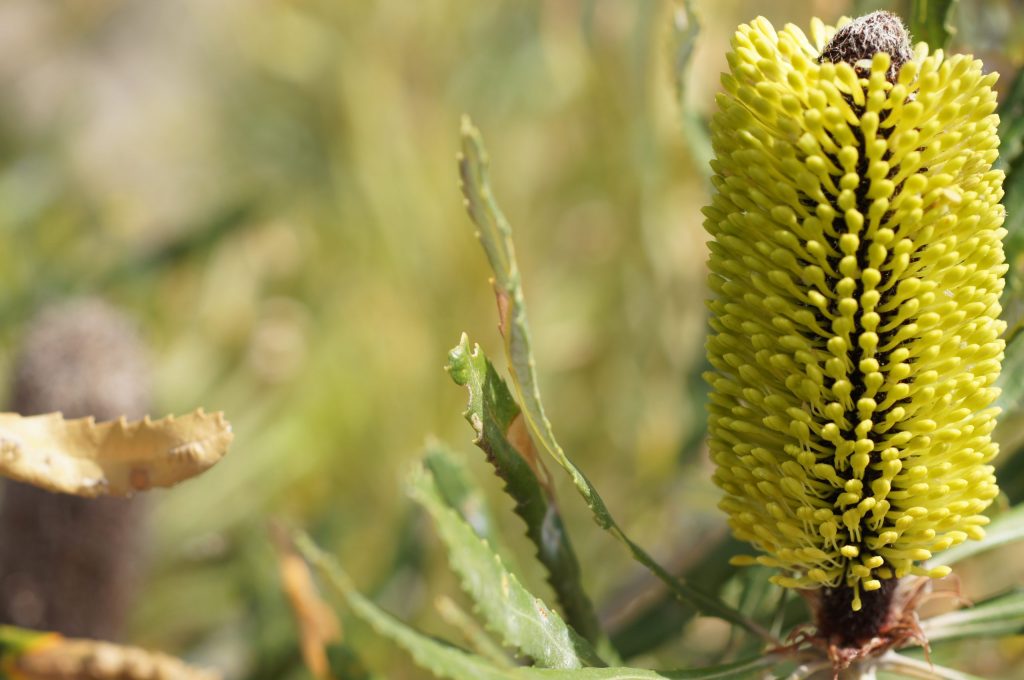Get Involved & Join Us
Whether you are interested in becoming an active or passive member, you can be involved with helping preserve our environment. You can be involved with one of our existing friends groups or start your own with NRPG’s support.



Form Your Own Friends Group
Information to assist with Forming a Friends Group
This section is intended for people who are interested in coordinating bush care groups, or Friends Groups, on nature reserves within the Kalamunda City. It is a relatively brief introduction to this area.
Volunteer Friends Groups are vitally important in initiating and coordinating bushcare projects. The City of Kalamunda has limited resources and cannot be expected to do all the work in the hundreds of bush-covered reserves in the city. That’s why the NRPG supports and maintains dozens of Friends of Reserves Groups around the city.
The following guidelines should help and encourage you form a Friends Group, to initiate a program of weed control and bush regeneration. It can be a long process (3 yrs +), and you will need to stay committed. But the effort required to coordinate such projects is quite manageable – there are only brief periods throughout the year which require concentrated effort. Sharing the coordination role with a friend or neighbour is a great way to share the work and the rewards.
There are numerous sources of help. You can get funding, guidance and assistance from the Kalamunda City, the Swan River Trust, the NRPG, the State Government and many other sources. The rewards are many, and not always obvious. Getting to know your neighbours and improving the community spirit, for example, are great secondary benefits.
Vision for your reserve?
Decide what you would like to do with the reserve. Some common goals are:
- Protection of bushland by controlling and eradicating weeds
- Removing rubbish
- Landscaping
- Improving bushland and its biodiversity
- Regenerating the bush, creeks and wetlands
- Improving native animal habitat and establishing wildlife corridors
- Controlling erosion
- Reducing fire load
These tasks all need to be done in a planned manner for a successful outcome. To assist you in this there are a number of sources of information and advice, described by the following.
Support of the City?
In general, the City will support you in your bush reserve initiatives, but check that you and the City have common objectives.
- Talk to the Environmental Officers about your plan for their feedback. They can also visit on-site to offer ideas.
- Ask them what services the City can provide: plants, advice, photocopying, maps, herbicides, erosion control, landscaping, etc. Take advantage of such help!
- What Permission/Approvals will be Required?
- Before going too far with your ideas, find out who owns the bushland. Most reserves are vested in the City of Kalamunda, but other areas may be the responsibility of
- Department of Environment and Conservation (DEC)
- Department of Planning
- Landcorp
- Private property owner
- Others? (check with the City)
This may seem complicated, but most agencies will be happy to cooperate with volunteers who want to help their bushland.
Ensure that the owners/administrators of the land agree with your goals, and determine if there are any issues regarding insurance or liability. Ask the City who you need to obtain approval from to proceed with your project.
Support of your local neighbourhood?
To maximise success, you should determine what support you can expect from your neighbours. This will help minimise complaints and vandalism. Also, it will help you get volunteers for your Busy Bee workdays. Suggestions for making contact with other interested people are:
- Talk with friends in the neighbourhood and find out what they think, what ideas they might have.
- Do you know of anyone who would like to share the Coordinator role?
- Make up a brief one-page newsletter and outline of your proposed project. Ask for feedback suggestions, explain you need the support of local residents to make the plan work.
- Distribute newsletter to neighbours. Expect 10-20% response.
- Make contact with anyone who responded and encourage their interest, while getting a feel for the level of commitment they are prepared to make. It may be a little, it may be a lot – it all counts.
- Funds and how to obtain them?
If you decide you need funds for the project, there many possible sources:
- City of Kalamunda
- Swan Catchment and Urban Landcare Program (SCULP)
- Department of Environment and Heritage (DEH)
- Greening Australia
- The Gordon Reid Foundation
- Environmental Community Grants from DEC
Ask the NRPG or environmental officer at the City for advice on which ones to target for your project.
To obtain funds, you need to do some paperwork. You will have to write a proposal of the project, and then keep track of expenditure to show the funding agency the money was properly spent.
Again, it sounds trickier than it actually is!
The amount of paperwork ranges from very minimal (for SCULP funds) to fairly involved (for DEH funds). But often there’s not a lot. The City of Kalamunda, EMRC and the Swan River Trust can help you in your application for funds. The NRPG is a registered body that can help your Friends Group manage and budget your funds.
The “one-stop” location to virtually all these resources (besides the City) is the Swan River Trust on Adelaide Terrace in Perth. (Refer to the contacts list attached). Technical or other assistance to guide you? Do not feel that you will be on your own. On the contrary, there are many sources of help and guidance to get the project going and maintaining it:
- EMRC
- City of Kalamunda
- NRPG
- Swan River Trust
- various environmental consultants and companies
- weed control companies
- erosion control companies
- Volunteer Bush Fire Brigade
- Town Fire Brigade
Refer to the attached list of contacts for further details. Never be afraid to ask for help.
How much effort will be required – when?
How much time and effort is likely to be required to start and run the project?
The following gives a helpful estimate of this:
Project Initiation Tasks
- Determine your vision and plan 2-4 hrs
- Discuss with and obtain support of the City 3 hrs
- Seek and obtain permission/approvals 0-6 hrs
- Prepare neighbourhood leaflet 2 hrs
- Photocopy and distribute leaflet 3 hrs
- Call/visit interested neighbours to discuss proposal 1-3 hrs
- Contact Swan Catchment Centre for funding applications 1 hr
- Review funding application/s 3 hrs
- Review previous applications completed by others (through EMRC Swan River Trust, City, NRPG) 3 hrs
- Get quotes for equipment, materials, and from contractors 2-4 hrs
- Complete your Funding Application / Proposal 4-6 hrs
Total estimated time: 24 – 38 hrs
One-time Project Start Up Tasks
- Once funded, purchase equipment etc as required 2-4 hrs
- Landscaping as required
- Erosion control as required
- Prepare an Action Plan (yourself or by Consultant, depending on funding conditions) 4-40 hrs
Ongoing Tasks General (as required)
- Survey & order plants by October latest
- Order/collect seed· Weed control September-November
- Planting/Seeding of dry land plants 2-3 times per year in August-October, May-June, June-July
- Planting of wetland plants (sedges, rushes) September usually
- Smoke spray (after seeding) May-July
- Watering twice per week as appropriate in Summer
- Newsletter (recommended) as appropriate
Labour Assistance
There are various organisations able to provide labour assistance:
- Green Corp
- Ecojobs
- Australian Trust for Conservation Volunteers
- Alinta Gas Bushcare Field Days
Contact the City or NRPG for advice on these.
Reference Information
Many books and reference materials exist to help you. These can be found at the
- EMRC
- City of Kalamunda
- Swan River Trust
- Department of Environmental Protection (DEP) Library
- DEC
- Landcorp
- Wildflower Society
- NRPG
- Kalamunda library
- Ecoplan
Become a Member or Renew Membership.
Becoming a member is easy and cheap. Click Here to download our membership application and renewal form.
